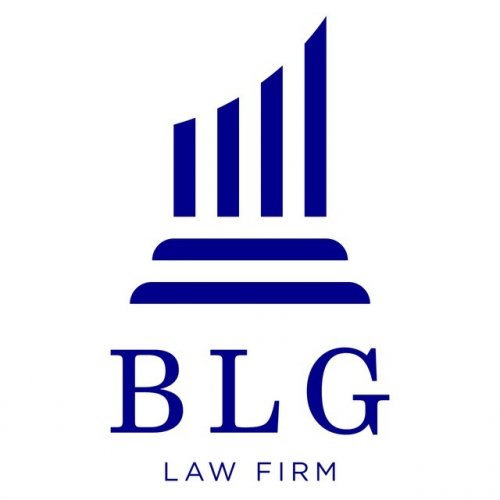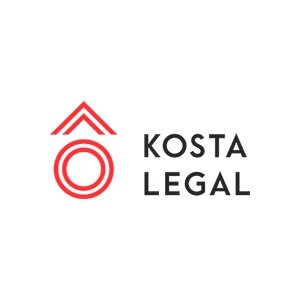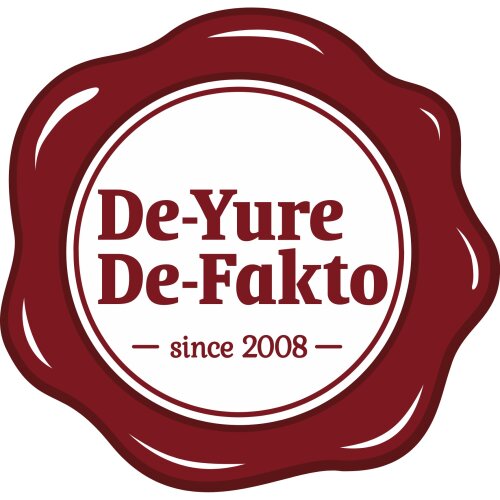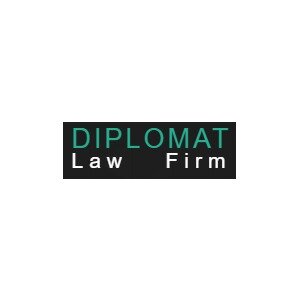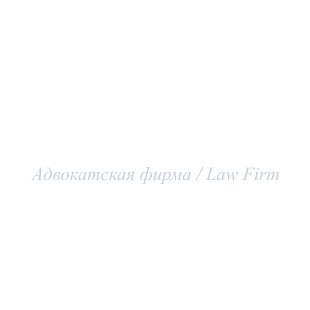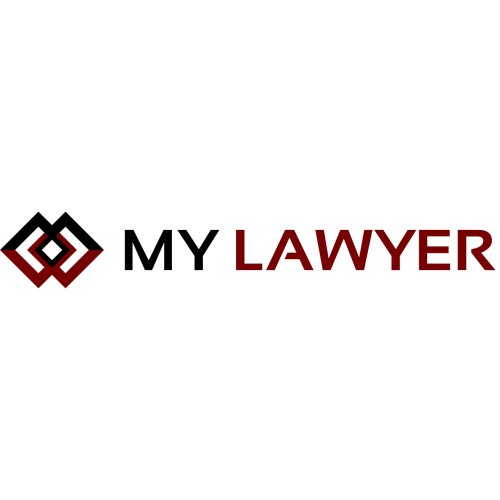Best Mining Law Lawyers in Tashkent
Share your needs with us, get contacted by law firms.
Free. Takes 2 min.
List of the best lawyers in Tashkent, Uzbekistan
About Mining Law in Tashkent, Uzbekistan
Mining Law in Tashkent, Uzbekistan is governed by a variety of national legislative acts, regulations, and decrees that aim to manage the exploration, extraction, and processing of mineral resources within the country. Mining has historically been a significant contributor to Uzbekistan's economy, with minerals such as gold, copper, uranium, coal, and other precious and rare minerals playing an important role. Mining Law regulates the granting of licenses and permits, rights and obligations of mining companies, environmental protection, investment activities, and local community relations. Companies and individuals active in mining must adhere to Uzbekistan’s strict regulatory requirements designed to ensure the sustainability and legality of mining operations.
Why You May Need a Lawyer
Navigating Mining Law in Tashkent can be complex, particularly for those unfamiliar with local regulations and business culture. Common situations where legal assistance is necessary include:
- Applying for and securing mining exploration or extraction licenses
- Negotiating investment agreements or joint ventures with local partners
- Addressing disputes over land use, resource ownership, or contractual obligations
- Ensuring compliance with environmental and safety standards
- Advising on import-export controls for minerals and mining equipment
- Handling regulatory inspections and audits by government agencies
- Dealing with government authorities during license renewal or revocation procedures
- Protecting intellectual property related to mining technologies or processes
Having an experienced lawyer ensures compliance, protects your interests, and helps navigate the unique administrative processes involved in the mining industry in Uzbekistan.
Local Laws Overview
Mining activities in Tashkent are mainly regulated by the Subsoil Law of the Republic of Uzbekistan, the Law on Licensing Certain Types of Activities, and relevant government decrees. Key aspects include:
- Ownership and Use of Minerals: Mineral resources are state property. Licenses are required for exploration, extraction, and processing.
- Licensing and Permits: Separate licenses are required for exploration and commercial mining. These are issued by state agencies, primarily the State Committee for Geology and Mineral Resources.
- Foreign Investment: There are specific regulations for foreign investors, including requirements for forming joint ventures with local entities and obtaining government approvals.
- Environmental and Safety Standards: Mining operations must comply with environmental protection laws, including mandatory environmental impact assessments. Safety regulations are enforced by government inspectorates.
- Reporting and Oversight: Mining entities must provide regular progress and compliance reports to the authorities. The government may inspect operations at any time.
- Taxation and Royalties: Mining companies are subject to special taxes and royalties. The applicable rates and payment procedures are set by the Tax Code and government decisions.
- Land Use: Mining rights typically entail the use of state-owned land. Disputes over land allocation and compensation must be resolved in accordance with civil and administrative law.
Frequently Asked Questions
What are the main laws governing mining activities in Uzbekistan?
The primary sources of Mining Law in Uzbekistan include the Subsoil Law, the Law on Licensing Certain Types of Activities, the Tax Code, and numerous government resolutions related to mining, environmental protection, and investment.
Who can apply for mining permits or licenses?
Both domestic and foreign legal entities may apply for mining permits or licenses. However, foreign companies often need to form joint ventures or enter into cooperation agreements with local partners.
What is the process for obtaining a mining license?
The process involves submitting an application to the State Committee for Geology and Mineral Resources, providing technical and financial documentation, undergoing an environmental impact assessment, and complying with other regulatory conditions. Licenses are granted following a formal review and approval process.
Are there restrictions on foreign ownership in mining projects?
Yes, foreign participation in mining is subject to approval, and joint ventures with local companies are frequently required. Certain strategic minerals or locations may also have additional restrictions.
How are environmental concerns addressed in mining operations?
Mining projects must complete environmental impact assessments and adhere to strict environmental protection requirements. Ongoing compliance is monitored by environmental inspectorates.
What types of taxes and royalties apply to mining companies?
Mining enterprises must pay mining royalties, land use fees, and corporate taxes. The specific rates depend on the mineral type and volume extracted, as detailed in the Tax Code and related regulations.
Can mining licenses be transferred or sold?
Transfer of mining licenses is generally subject to government approval and is regulated by the Subsoil Law. Approval is not guaranteed and depends on meeting various legal and technical requirements.
What recourse is available if a mining license is revoked?
Holders of revoked licenses can appeal the decision through administrative bodies or the judicial system. Legal counsel is strongly recommended to navigate the appeals process.
How are disputes over land and mining rights resolved?
Disputes may be resolved through negotiation, administrative channels, or court proceedings, depending on the nature and complexity of the issue.
What penalties exist for violations of mining regulations?
Penalties for violations include fines, suspension or revocation of licenses, and possible criminal liability in severe cases, such as environmental damage or safety breaches.
Additional Resources
If you need more information or assistance with Mining Law in Tashkent, Uzbekistan, the following resources can be useful:
- The State Committee for Geology and Mineral Resources of the Republic of Uzbekistan
- The Ministry of Justice of Uzbekistan
- The Ministry of Investment, Industry and Trade
- Uzbekistan Chamber of Commerce and Industry
- Legal aid centers and professional associations specializing in mining and natural resources law
Next Steps
If you require legal assistance with mining matters in Tashkent, Uzbekistan, consider the following steps:
- Identify your specific legal needs, such as licensing, compliance, or dispute resolution
- Gather all relevant documents, including licenses, contracts, and correspondence with authorities
- Contact a qualified legal professional who specializes in Mining Law in Uzbekistan
- Arrange an initial consultation to discuss your case and understand your options
- Follow your lawyer’s advice on compliance, negotiation, or litigation strategies
- Stay informed about regulatory updates that could impact your mining activities
A knowledgeable Mining Law lawyer will guide you through the legal requirements and help safeguard your mining interests in Tashkent, Uzbekistan.
Lawzana helps you find the best lawyers and law firms in Tashkent through a curated and pre-screened list of qualified legal professionals. Our platform offers rankings and detailed profiles of attorneys and law firms, allowing you to compare based on practice areas, including Mining Law, experience, and client feedback.
Each profile includes a description of the firm's areas of practice, client reviews, team members and partners, year of establishment, spoken languages, office locations, contact information, social media presence, and any published articles or resources. Most firms on our platform speak English and are experienced in both local and international legal matters.
Get a quote from top-rated law firms in Tashkent, Uzbekistan — quickly, securely, and without unnecessary hassle.
Disclaimer:
The information provided on this page is for general informational purposes only and does not constitute legal advice. While we strive to ensure the accuracy and relevance of the content, legal information may change over time, and interpretations of the law can vary. You should always consult with a qualified legal professional for advice specific to your situation.
We disclaim all liability for actions taken or not taken based on the content of this page. If you believe any information is incorrect or outdated, please contact us, and we will review and update it where appropriate.



